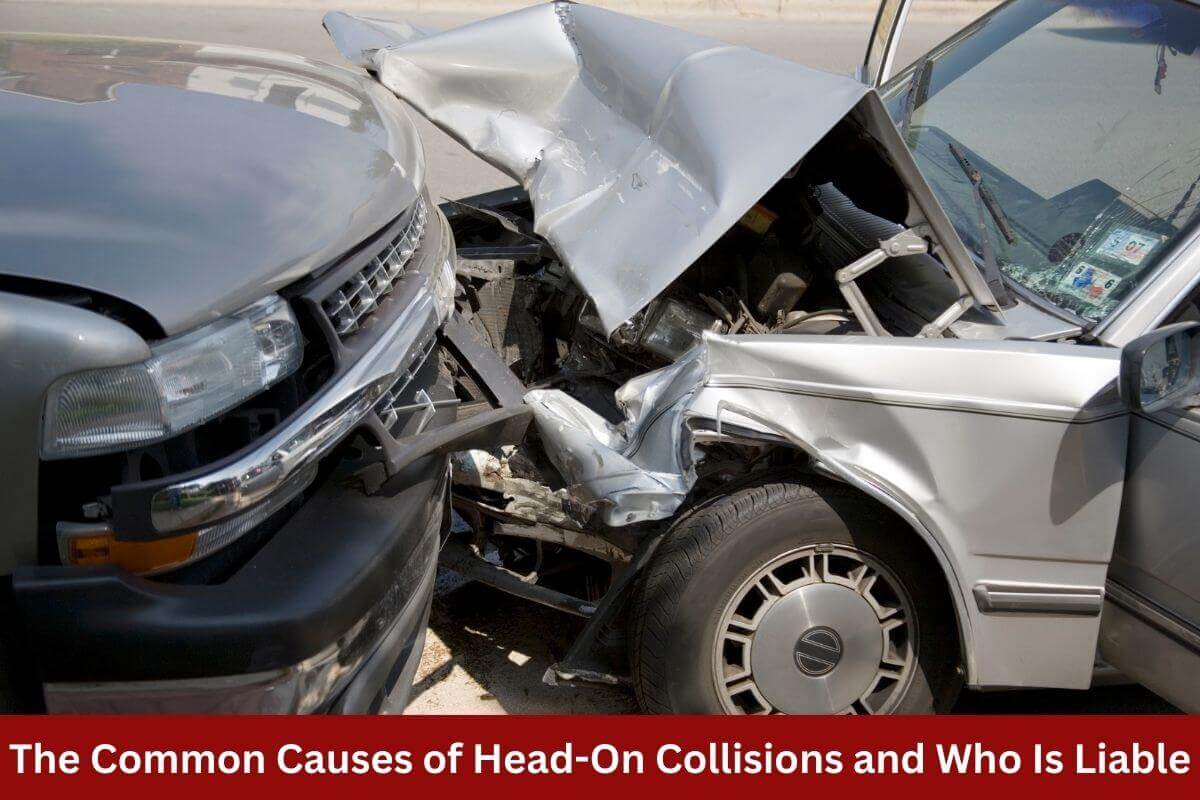Head-on crashes are among the most dangerous and devastating types of motor vehicle accidents, and they typically result in severe injuries and fatalities due to the force of impact. Identifying the common causes of head-on collisions is crucial in determining liability and securing fair compensation for accident victims. Working with an attorney specializing in head-on collisions can offer invaluable assistance in navigating these complex cases, and ultimately get you maximum compensation.
Contributing Factors to Head-On Collisions
Distracted Driving: Inattentive drivers texting, talking on the phone, or engaging in other activities that divert their attention from the road can easily drift into oncoming traffic, causing a head-on collision.
Impaired Driving: Drivers under the influence of alcohol or drugs often experience reduced reaction times, impaired judgment, and diminished motor skills, increasing the risk of head-on collisions.
Fatigued Driving: Exhaustion can significantly impair a driver’s ability to concentrate and react to road conditions, making it more likely for them to veer into oncoming traffic.
Aggressive Driving: Driving recklessly, which includes speeding, weaving through traffic, and passing in no-passing zones, can result in head-on collisions.
Poor Road Conditions: Poorly maintained roads, inadequate signage, or inclement weather can contribute to head-on collisions by making it difficult for drivers to stay in their lanes or see oncoming traffic.
Determining Liability in Head-On Collision Cases
Several parties may be held liable for head-on collisions depending on the accident’s circumstances. Potentially responsible parties include:
Negligent Drivers: In most cases, the driver who caused the head-on collision by drifting into oncoming traffic, driving while impaired, or engaging in reckless behavior is liable for the accident.
Vehicle Manufacturers: In some instances, vehicle defects, such as faulty brakes or steering systems, can contribute to head-on collisions. In these cases, the vehicle manufacturer may be responsible for the accident.
Government Entities: If poor road conditions or inadequate signage contributed to the head-on collision, the government agency responsible for maintaining the road may be liable.
Benefits of Hiring an Advocate
Navigating the complexities of head-on collision cases can be challenging. Enlisting the help of an attorney specializing in these cases offers numerous advantages:
Expertise: Attorneys with experience handling head-on collision cases possess a deep understanding of the factors contributing to these accidents and determining liability.
Investigation: A skilled attorney can conduct a thorough investigation, gathering crucial evidence such as police reports, witness statements, and accident reconstruction reports to build a strong case on behalf of their client.
Damage Assessment: Experienced attorneys can accurately assess the full extent of their client’s damages, including medical expenses, lost wages, pain and suffering, and property damage, to ensure they receive fair compensation.
Negotiation: Attorneys specializing in head-on collisions can effectively negotiate with insurance companies and opposing counsel, striving to secure the best possible settlement for their clients.
Litigation: In the event a case goes to trial, a reputable attorney can provide aggressive representation, advocating for their client’s best interests and pursuing maximum compensation.
In conclusion, understanding the common causes of head-on collisions is essential in determining liability and securing fair compensation for accident victims. By partnering with an attorney specializing in head-on collisions, clients can successfully navigate the complexities of these cases and benefit from their expertise in investigating, assessing damages, negotiating, and litigating. Ultimately, the skills and experience of a specialized legal professional can make a significant difference in achieving a favorable outcome for those affected by these devastating accidents.
